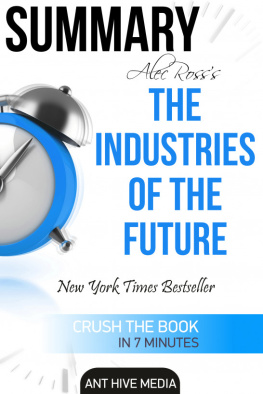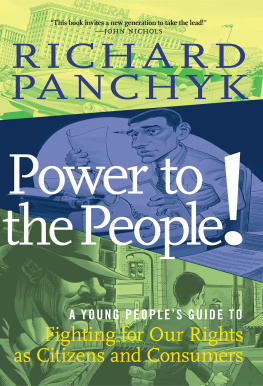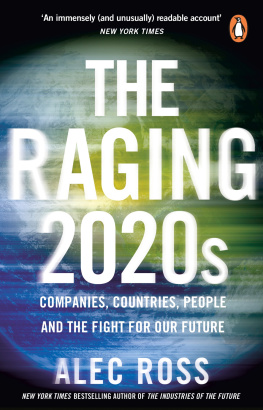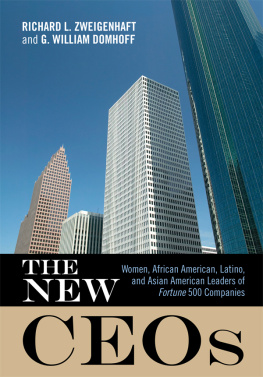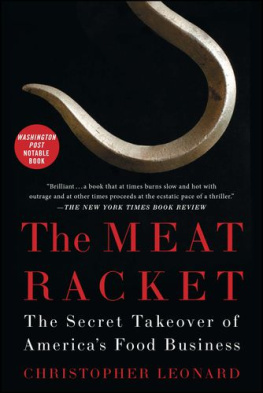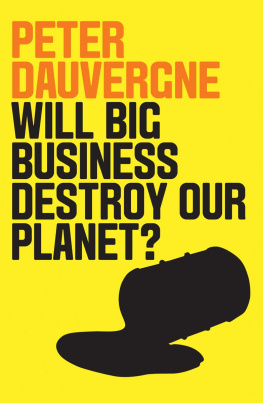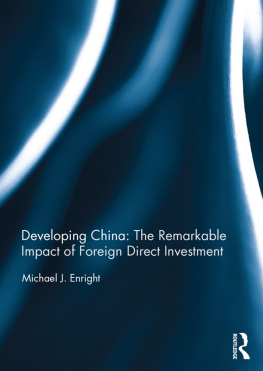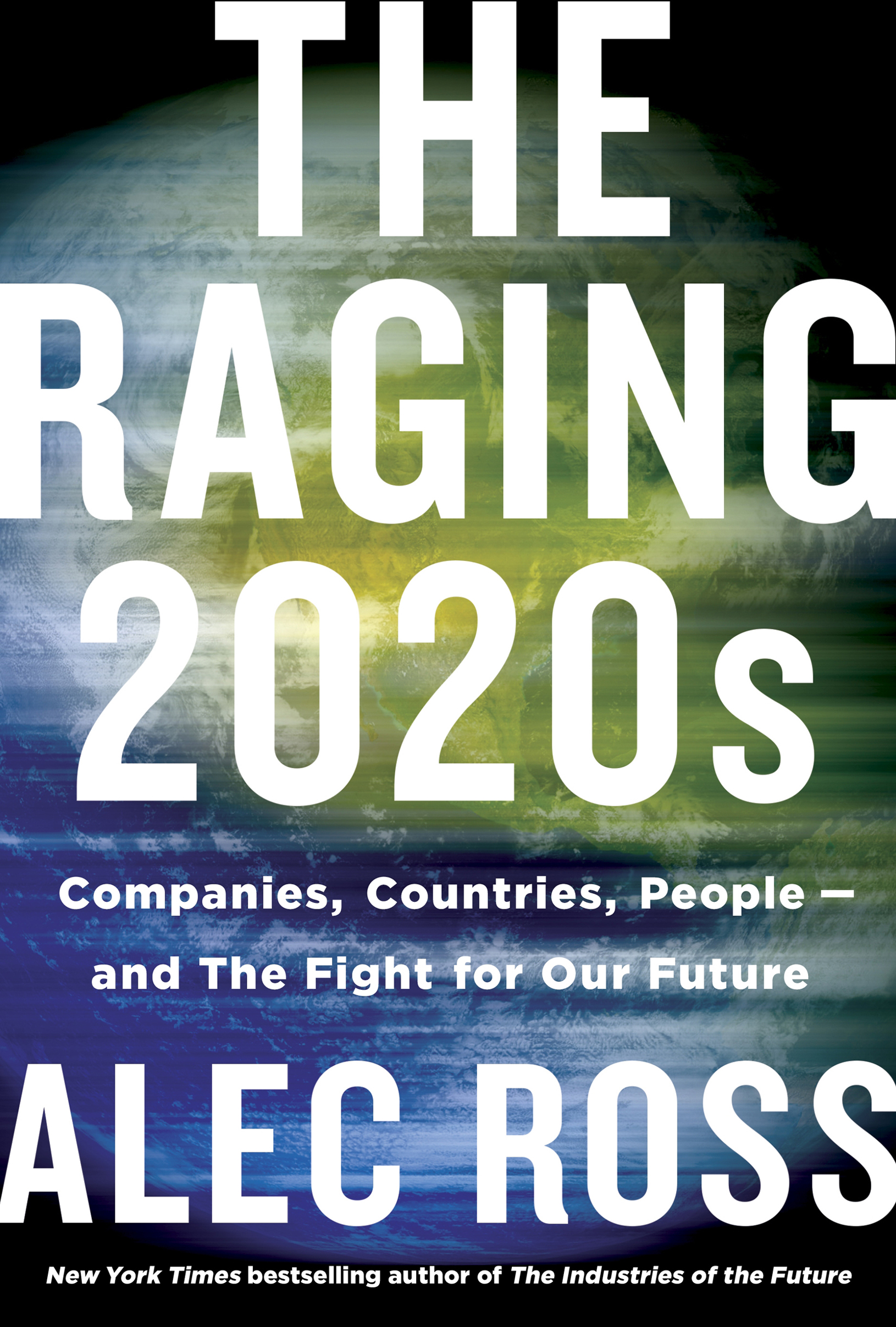Contents
Guide
Pagebreaks of the print version

The author and publisher have provided this e-book to you for your personal use only. You may not make this e-book publicly available in any way. Copyright infringement is against the law. If you believe the copy of this e-book you are reading infringes on the authors copyright, please notify the publisher at: us.macmillanusa.com/piracy.
To my children Colton, Tehle, and Sawyer, whose adulthoods will be shaped by the choices we make during the raging 2020s
The first thing I do this morning is make coffee. I roll out of bed, brew a pot, and make breakfast for the kids. Im leaving for a business trip today, so I pack my overnight bag and book a rideshare to the airport. My wife, Felicity, and I wrangle the kids into the car and Felicity drops them off at school on her way to the elementary school where she teaches. As everyone starts their day, Im passing through security. Now boarding, fasten your seat belts, and prepare for takeoff. By 9 a.m., Im in the air.
It is an uneventful morning. But when you peel back its layers and examine the invention and ingenuity that power our daily lives, it can boggle the mind. In less than three hours, I went from sleeping in my bed to flying across the countrysoaring thousands of feet in the air in an insulated metal tube. It is a feat of science, technology, engineering, and mathematics that humans in most previous eras would have considered something like sorcery. Yet I sit here unfazed, scrolling through emails.
We hardly notice it, but our lives are built atop a webwork of collaboration and exchange between individuals, governments, and businesses. When it all works in concert, we end up with a kind of everyday magic: life made easier by a thousand tricks just outside our vision.
Rewind to that coffeepot, for example. Or even to the water. The drinking water that pours out of my faucet and into my coffeepot is provided by a public water system built all the way back in the 1920s that ensures it is safe. The coffee I bought from Zekes, my local roastery, costs me less than thirty cents a cup to make. The fact that I can have what was once a luxury at a favorable price every day is the result of centuries of agricultural progress, topped by free trade agreements with the Central American countries that produce the beans.
Or consider all the factors that go into a simple commute. When my wife steps out the door, she drives our kids to school in a Honda designed in Japan and manufactured in Alabama, on roads built by government, using rules that have been refined over decades to keep everybody from driving into each other. If they do get in an accident, we can trust in the government-mandated airbags that Honda installed.
Meanwhile, as I use a rideshare app for the drive to the airport, the driver finds me and navigates us using government-created GPS. And at the airport, I am as cool as the other side of the pillow because I know the Transportation Safety Administration (TSA) will ensure that no guns or knives will be brought on the plane. The barcode technology used by the TSA on my boarding pass and drivers license was developed by government-funded university research.
I board a plane that is Boeings state of the art, managed by one of Americas four remaining major airlines, and flown by a pilot who the Federal Aviation Administration ensures is rigorously trained. That pilot will fly through traffic-controlled skies monitored by government radar, navigating away from storms monitored by the US weather system.
Before we take off, I text Felicity using a mobile phone made by Apple over a network managed by AT&T over cellular frequencies administered by the Federal Communications Commission. The touch-screen technology that allows me to use LinkedIn, Instagram, Otter, and half a dozen other apps on my phone before we take off was developed thanks to the CIA and Americas National Science Foundation. And, when I check the timenow 9:15 a.m.I know that its accurate due to time standards set by an international body with 164 country members.
This invisible, silent interplay between government, business, and citizens continues to take place all day, every day. Its a quiet equilibrium. We do not consciously sit there and think of all that goes into the delicate balance by which the government builds systems and sets standards, which enable businesses to build and sell goods, and which allow everyday individuals to chart easier and better lives. At least, ideally thats how it should work.
But in the last twenty years, the equilibrium has been thrown off.
Look closer at that coffeepot. The same free trade agreements that benefit me, my local coffee roaster, and billions of workers in the developing world have provided shocks to the working class in Western developed economies. The result has been political unrest on both ends of the political spectrum in the United States and Europe.
The water system built in the 1920s is crumbling. Somehow, we were able to commit to huge public works programs one hundred years ago, but we do not build bridges, rail lines, or new utility systems anymore. We work them until they crumble, and then we patch them up again. The number of new infrastructure projects in the US is at a historic low, not for lack of need but because the political process has ground to a halt.
Felicitys car was built in Alabama because of the states tax giveaways and anti-union laws. The workers ended up losing out while the benefits accrue only to shareholders. Meanwhile, the cars airbags had to be replaced after a defect was found to have led to at least sixteen deaths.
My childrens public schools are overcrowded and underresourced. My son wears a winter coat in class because the schools heating system does not work. Racial tensions smolder and flare.
The rideshare app I used on the drive to the airport was founded on the crest of a glistening new wave of American innovation. But its founder proved to be the very caricature of the brotastic boy billionaire, kicked out of his own company for its misogynistic culture. And the driver is working on terms that seem more 19th century than 21stshe makes near minimum wage, with zero worker protections or benefits because her employment status classifies her as an independent contractor.
Boeing and the airline Im flying recently received massive government bailouts despite the airlines having generated more than $49 billion in free cash flow during the previous decade. The reason they were not able to tap that $49 billion once trouble hit was not because they had been investing in new planes, better service, or better salaries for their workers. No, they had spent $47 billion of that $49 billion on stock buybacks. Boeing spent $43 billion of its $58 billion in free cash flow during that period on stock repurchases, despite the need for investment to make its planes safer. These stock repurchases did nothing for passengers or employees; they just fluffed up the stock for investors, and as soon as trouble hit, taxpayers bailed them out. This is corporate socialism for the 2020s: we socialize costs to taxpayers and privatize gains to shareholders.
This interplay goes on all day, every day. There is something fundamentally off, a disequilibrium in the relationships between business, the governing, and the governed.
Our social contract is broken and needs to be repaired.


